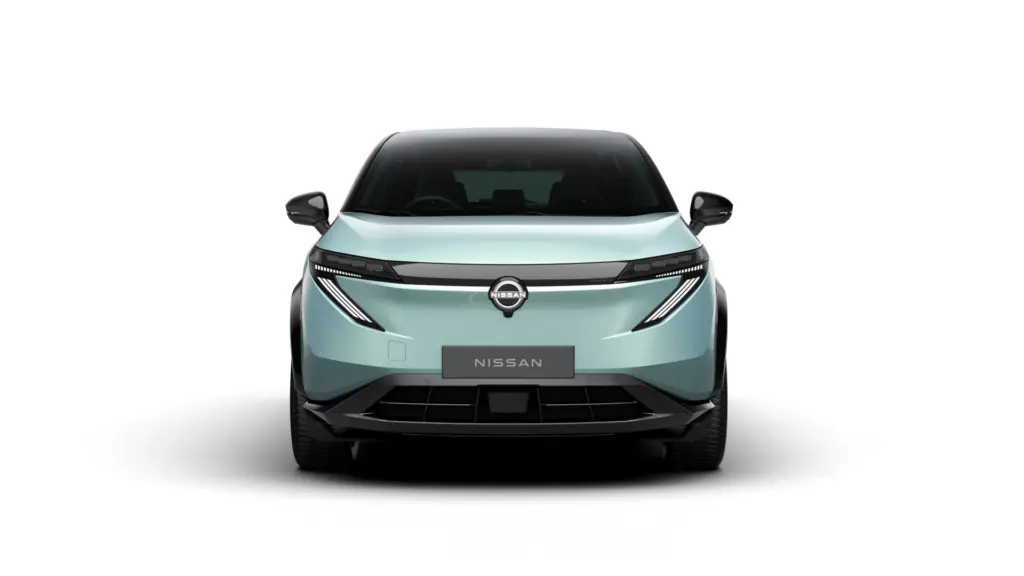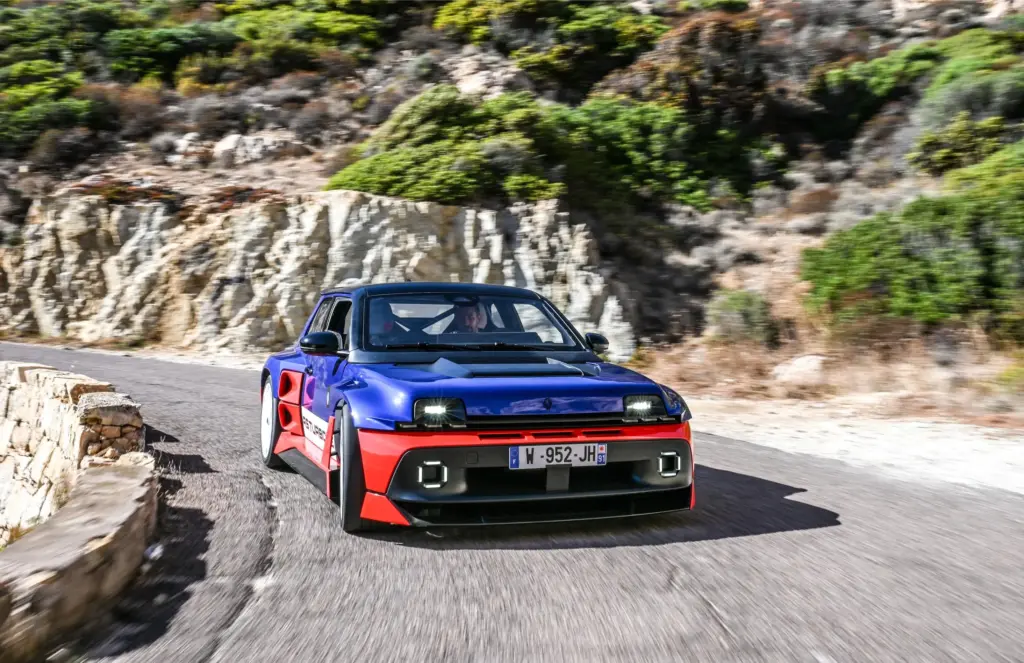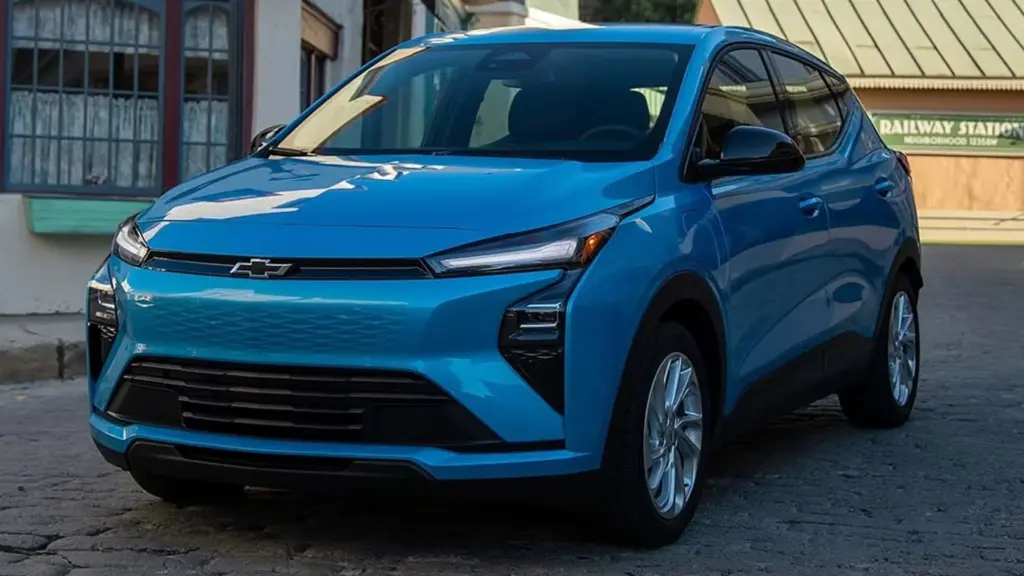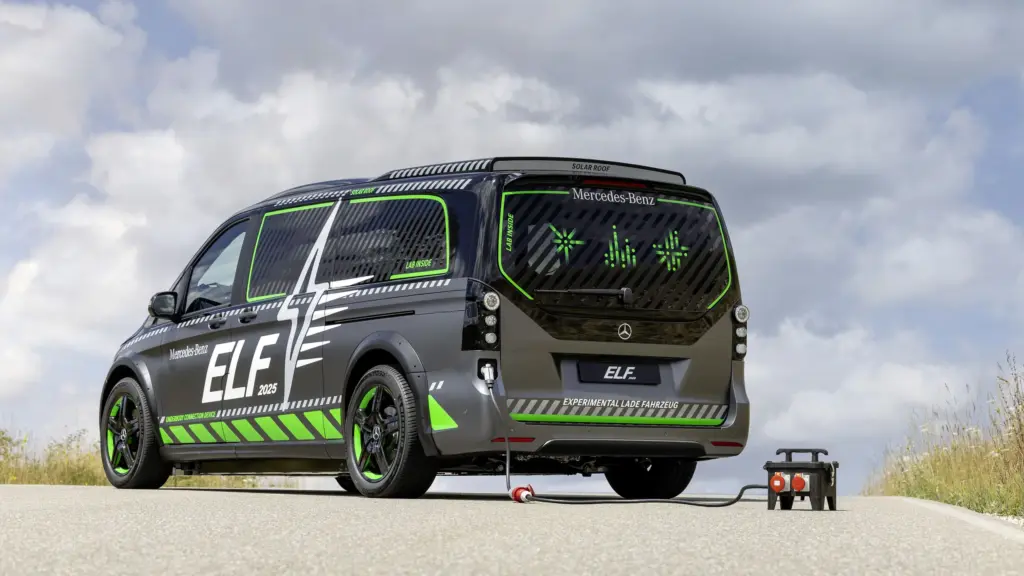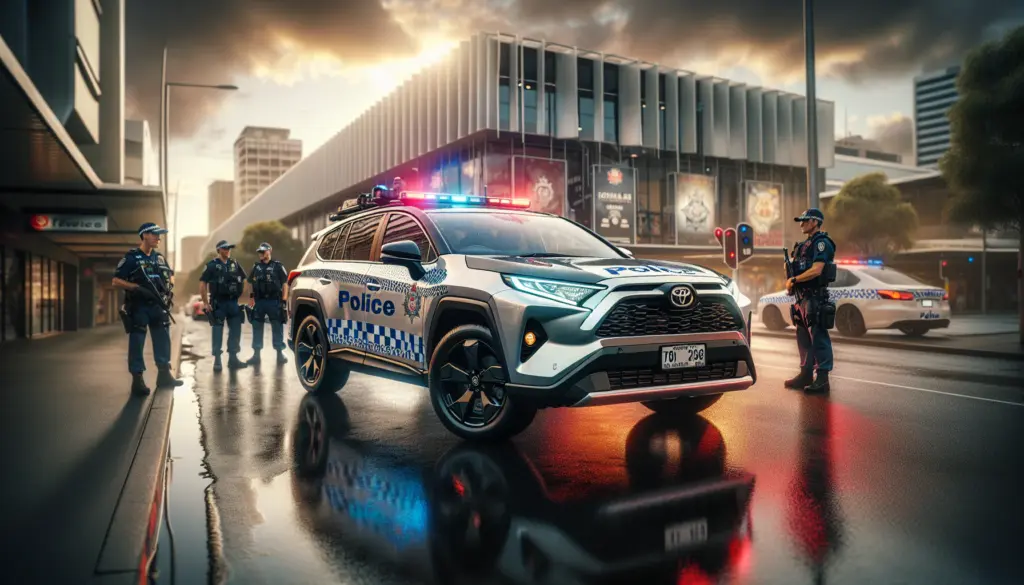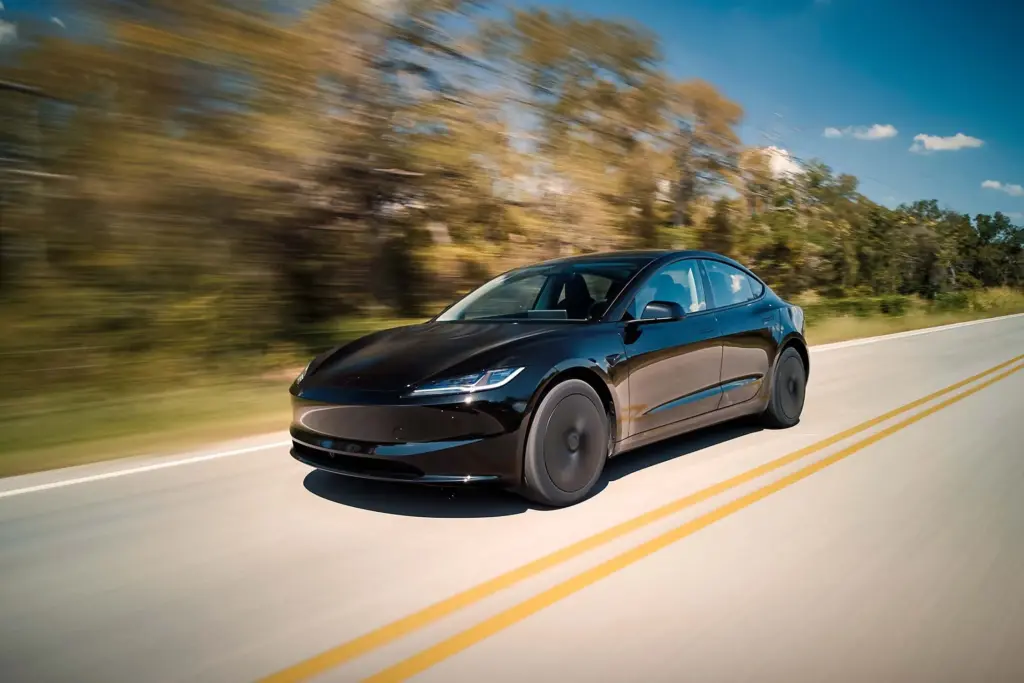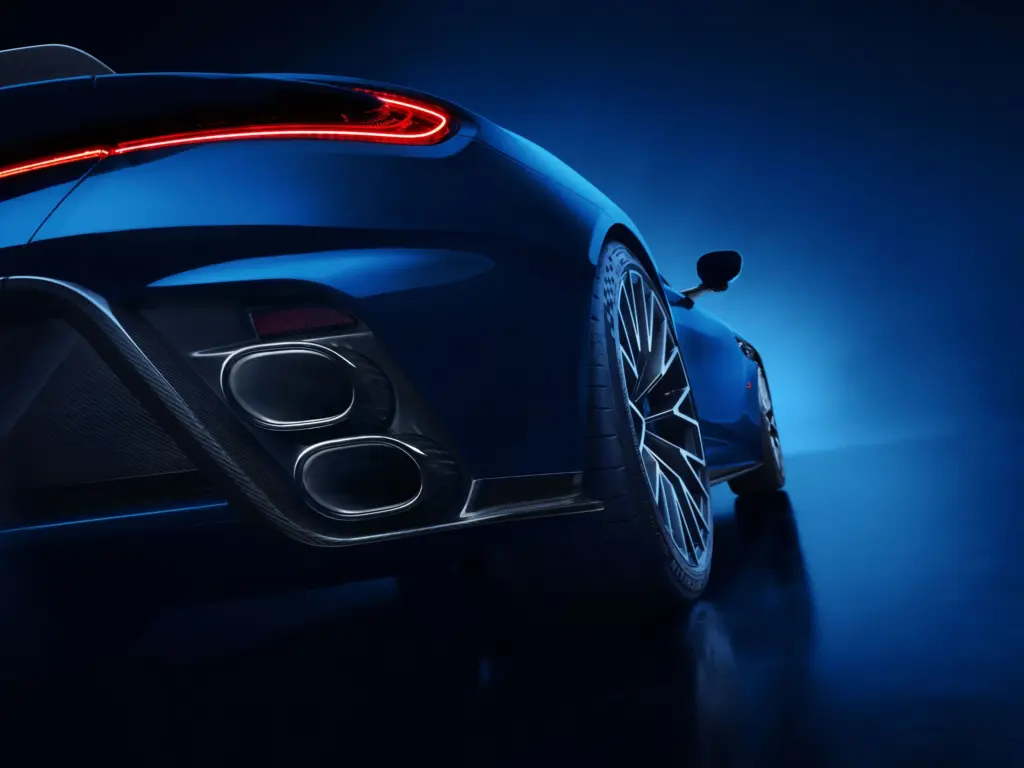Toyota, long viewed as skeptical about the transition to purely electric vehicles, is about to silence critics with a bold move: the launch of its first solid-state battery EVs in 2027. This initiative not only redefines the automaker’s position on the global stage but also promises a revolution in what we expect from electric cars.
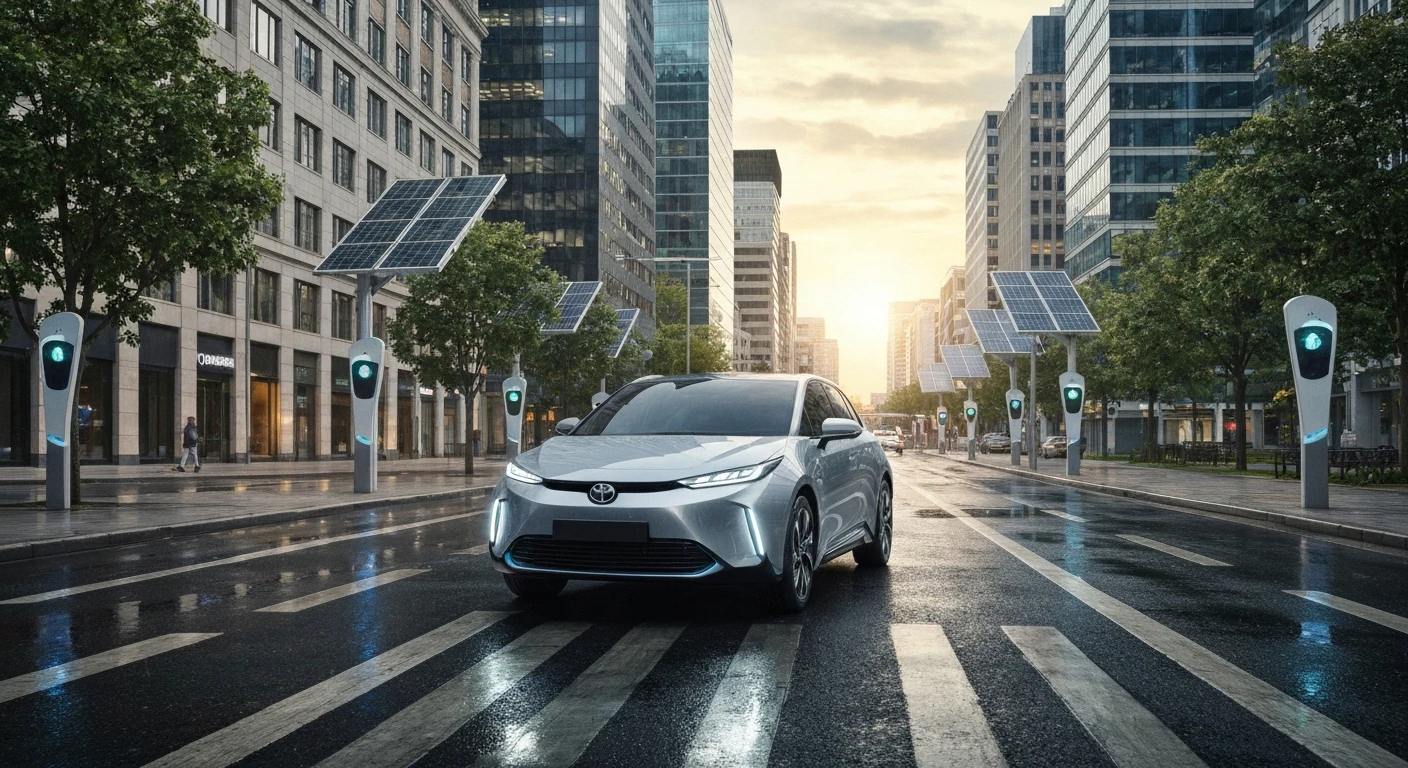
The Quantum Leap of Solid-State Batteries
Solid-state batteries represent the “Holy Grail” of electric vehicle technology. By replacing liquid electrolyte with a solid material, these batteries eliminate fire risks, offer higher energy density, and promote superior performance. Toyota, in partnership with the Japanese company Sumitomo Metal Mining since 2021 and Idemitsu Kosan since 2013, has invested heavily in the development and mass production of these crucial components. The collaboration with Sumitomo aims to improve cathode materials, while Idemitsu Kosan focuses on developing lithium sulfide for the electrolytes, with large-scale production planned for 2027.
Promises That Redefine Expectations
Preliminary specifications are impressive. Toyota’s first generation of solid-state batteries, expected in 2027-2028, promises a range of up to 1,000 km (621 miles) and the ability to charge from 10% to 80% in just 10 minutes. The second generation, in turn, aims to exceed 1,200 km (745 miles). These figures not only surpass most current EVs but also address consumers’ main concerns: range and charging time. Such faster charging, combined with exceptional durability and a more compact, lighter design, promises to completely transform the electric car driving experience. It is a testament to Toyota’s innovation, which is now seeking a decisive competitive advantage.
The Global Race for EV Supremacy
While Toyota positions itself to lead, the highly competitive electric market is full of other automotive giants pursuing similar goals. Manufacturers such as BMW, Honda, Stellantis, and Mercedes-Benz are equally investing heavily in solid-state battery technology and are already testing prototypes. Recently, MG launched the second generation of the MG4 with semi-solid batteries, indicating that the transition is already underway, albeit with a more gradual approach.
Toyota’s bet is high, but its investments and strategic partnerships indicate a serious determination to achieve the “first practical use of solid-state batteries in BEVs.” If the promises are fulfilled, the Japanese automaker will not only erase past criticisms but also set a new standard for the future of electric mobility, consolidating its position as an innovative leader in the automotive industry.

Author: Fabio Isidoro
Founder and editor-in-chief of Canal Carro, he dedicates himself to exploring the automotive universe with depth and passion. A car and technology enthusiast, he produces technical content and in-depth analyses of national and international vehicles, combining quality information with a critical eye for the public.


